Home>Home Maintenance>How Much Should I Budget For Home Repairs
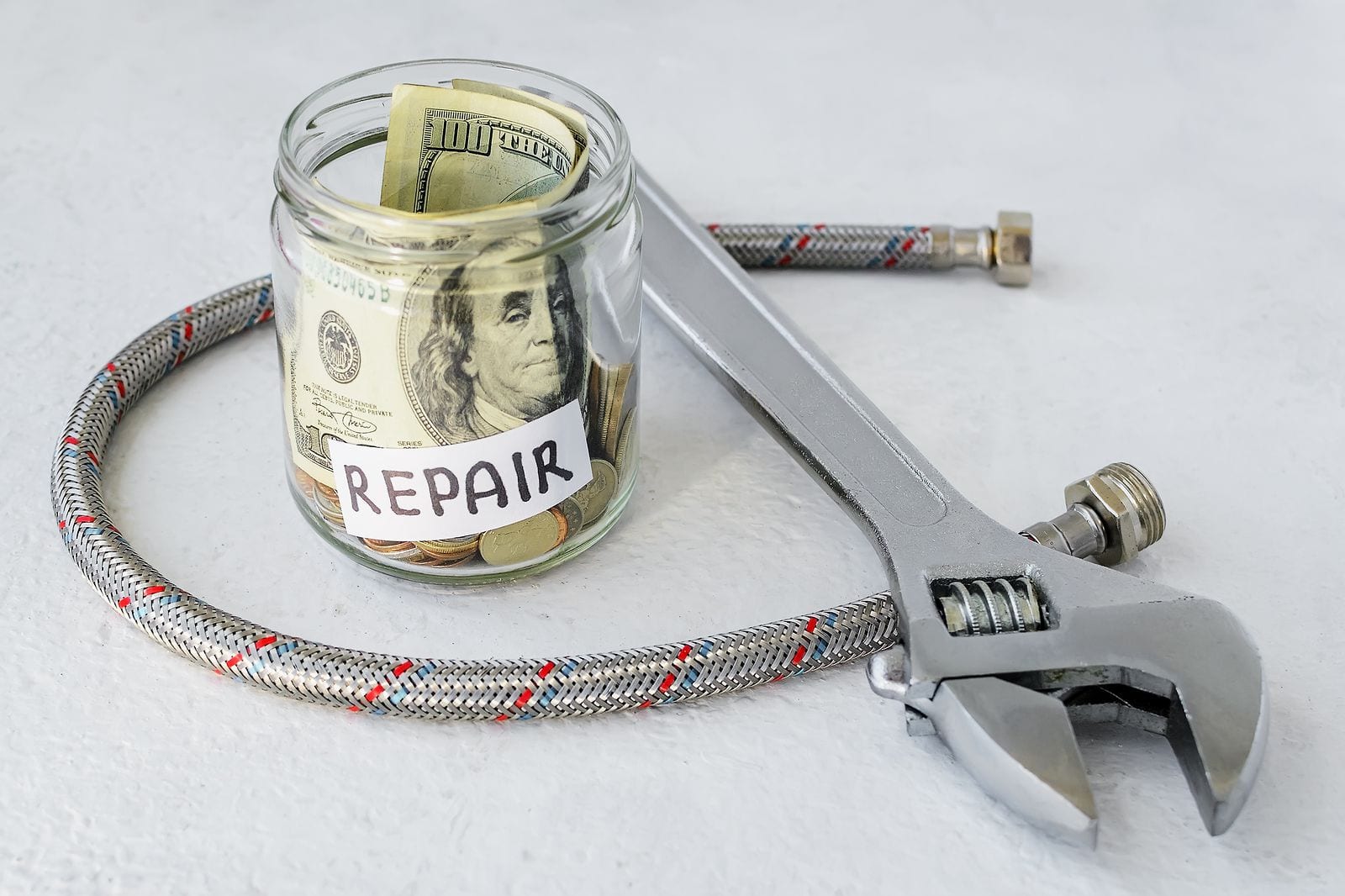

Home Maintenance
How Much Should I Budget For Home Repairs
Modified: March 6, 2024
Discover how to budget for your home repairs and maintenance. Get tips on estimating costs and allocate your funds wisely for a stress-free home ownership experience.
(Many of the links in this article redirect to a specific reviewed product. Your purchase of these products through affiliate links helps to generate commission for Storables.com, at no extra cost. Learn more)
Introduction
When it comes to owning a home, maintenance and repairs are unavoidable. As a responsible homeowner, it’s essential to have a budget in place to tackle these repairs as they arise. But how much should you budget for home repairs?
While there’s no one-size-fits-all answer to this question, there are several factors to consider when determining the appropriate amount to set aside for home repairs. By understanding these factors and having a solid budget in place, you can ensure that you’re prepared for unexpected repairs and maintenance tasks.
It’s important to note that the cost of home repairs can vary significantly based on factors such as the age and condition of your home, as well as the region you live in. With that in mind, let’s explore some key factors to consider when budgeting for home repairs.
Key Takeaways:
- Budgeting for home repairs involves considering factors like the age of your home, local costs, and regular maintenance. Research average repair costs and create an emergency fund to stay financially prepared.
- When budgeting for home repairs, remember to consider permits, hidden damage, and quality of materials. Prioritize safety, seek professional advice, and regularly review and adjust your budget for unexpected repairs.
Factors to Consider when Budgeting for Home Repairs
1. Age and condition of your home: The older your home, the more likely you’ll encounter repairs. Older homes may have outdated electrical systems, plumbing issues, or structural problems. Take into account the general condition of your home and any potential maintenance needs that may arise due to its age.
2. Location: Different regions have varying costs of living, including home repair expenses. Urban areas tend to have higher labor and material costs compared to rural areas. Research the local market rates for home repairs in your area to better estimate your budget.
3. Size and type of home: Larger homes typically require more repair and maintenance work compared to smaller ones. Take into consideration the square footage of your home, as well as the number of rooms, bathrooms, and levels. Additionally, the type of home you own can impact repair costs. For example, a single-family home may have different repair needs compared to a condominium or townhouse.
4. Regular maintenance: Regular maintenance can help prevent major repairs down the line. Include routine tasks such as HVAC servicing, gutter cleaning, and pest control in your budget. By staying on top of maintenance, you can minimize the risk of costly repairs.
5. Age and condition of major systems: Consider the age and condition of your home’s major systems, such as the HVAC system, plumbing, and electrical. These systems have a limited lifespan and may require repairs or replacements as they age. Research the average lifespan of these systems and budget accordingly.
6. Emergency fund: Unexpected emergencies can happen at any time. It’s crucial to have an emergency fund set aside specifically for home repairs. A good rule of thumb is to have at least three to six months’ worth of living expenses saved, including home repair costs.
By considering these factors, you can better estimate the amount you should budget for home repairs. However, it’s important to remember that unexpected repairs can still occur, so having some flexibility in your budget is advisable.
Common Types of Home Repairs
Home repairs can encompass a wide range of tasks, each with its own unique cost considerations. Here are some common types of home repairs that you may encounter:
- Roof repair: Over time, roofs can develop leaks or sustain damage from weather conditions. Repairing or replacing a roof can be a significant expense, depending on the size and complexity of the job.
- Plumbing repairs: Plumbing issues such as leaky pipes, clogged drains, or malfunctioning toilets are common in many households. The cost of plumbing repairs can vary depending on the severity of the problem.
- Electrical repairs: Faulty wiring, electrical panel upgrades, or fixing flickering lights are examples of electrical repairs that may be needed. Electrical repairs should always be handled by a licensed professional.
- Heating, ventilation, and air conditioning (HVAC) repairs: HVAC systems require regular maintenance and occasional repairs. This can include fixing or replacing components like thermostats, motors, or compressors.
- Foundation repairs: Foundation issues, such as cracks or settling, can have a significant impact on the structural integrity of your home. Repairing foundation problems often requires professional expertise and can be costly.
- Window and door repairs: Broken glass, damaged frames, or malfunctioning locks are common issues with windows and doors. Repairing or replacing these components may be necessary for security and energy efficiency.
- Painting and siding repairs: Over time, exterior elements like paint and siding can deteriorate or become damaged. Repainting or repairing siding can give your home a fresh appearance and protect it from the elements.
- Flooring repairs: Damaged floors, whether hardwood, tile, or carpet, may need repairs or replacement. The cost will depend on the extent of the damage and the type of flooring material.
These are just a few examples of common home repairs, and the costs can vary greatly depending on factors such as the extent of the damage, the materials used, and the contractor’s rates in your area. It’s important to assess the specific repairs needed in your home and budget accordingly.
Average Costs for Home Repairs
Understanding the average costs associated with common home repairs can help you budget more effectively. However, it’s important to keep in mind that these costs can vary based on factors such as the size of your home, the extent of the repairs needed, and the region you live in. Here are some rough estimates for average costs of home repairs:
- Roof repair: On average, roof repairs can cost anywhere from $300 to $1,000 for minor repairs, while major repairs or full roof replacements can range from $5,000 to $15,000 or more.
- Plumbing repairs: The cost of plumbing repairs can vary widely depending on the complexity of the issue. Minor repairs like fixing a leaky faucet may cost around 0, while more significant repairs like replacing pipes or a water heater can range from $500 to $2,000 or more.
- Electrical repairs: Electrical repairs typically start at around $100 for simple tasks like replacing a light switch. However, more extensive repairs such as rewiring a house or upgrading an electrical panel can cost several thousand dollars.
- HVAC repairs: HVAC repairs range in cost depending on the specific issue. For minor repairs like replacing a thermostat or a fan motor, you can expect to pay around $100 to $300. However, more significant repairs or replacements, such as a new furnace or air conditioning unit, can cost between $2,000 to $6,000 or more.
- Foundation repairs: Foundation repairs can be quite costly, ranging from a few thousand dollars for minor cracks to tens of thousands of dollars for more extensive repairs or underpinning.
- Window and door repairs: Window and door repairs can vary greatly depending on the type of repair needed. Replacing a broken glass pane might cost around $100 to $300, while replacing an entire window or door can range from a few hundred dollars to several thousand dollars.
- Painting and siding repairs: The cost of painting or siding repairs will depend on factors such as the size of your home, the type of siding material, and the extent of the repairs needed. On average, you could expect to pay between $1,000 to $5,000 for painting, and siding repairs can range from $500 to $10,000 or more.
- Flooring repairs: The cost of flooring repairs can vary widely depending on the type of flooring material and the extent of the damage. Minor repairs like fixing a loose tile may cost around $200, while more significant repairs or replacing an entire floor can range from $1,000 to $5,000 or more.
These are just rough estimates, and it’s important to gather multiple quotes from reputable contractors in your area to get a more accurate understanding of the costs for your specific home repairs. By having an idea of these average costs, you can better plan your budget and allocate funds accordingly.
It’s recommended to budget at least 1% of your home’s value for annual maintenance and repairs. For older homes, consider budgeting 3-4% to account for potential issues.
Additional Factors to Keep in Mind
When budgeting for home repairs, there are a few additional factors to consider beyond the specific repair costs. These factors can influence the overall financial impact of the repairs and help you plan your budget more effectively. Here are some additional factors to keep in mind:
- Permits and inspections: Depending on the type of repair or renovation, you may need to obtain permits from your local municipality. These permits often come with additional fees, so be sure to account for these costs when budgeting for your repairs.
- Hidden damage or surprises: Sometimes, what starts as a small repair can reveal more significant issues hidden within walls, floors, or other areas of your home. It’s important to set aside some additional funds in your budget to account for any unexpected surprises that may arise during the repair process.
- Quality of materials: The cost of home repairs can vary based on the quality of materials used. Opting for higher-quality materials may result in a higher upfront cost, but it can have long-term benefits in terms of durability and maintenance. Consider the lifespan of materials and their impact on future repair needs when budgeting for home repairs.
- DIY vs. professional services: Some homeowners choose to tackle smaller repairs themselves to save on labor costs. However, it’s important to realistically assess your skills and capabilities before attempting DIY repairs. In some cases, DIY repairs can result in more extensive damage, leading to higher repair costs in the long run. If a repair requires specialized skills or poses safety risks, it’s best to hire a professional contractor.
- Warranty coverage: If your home or certain components are still under warranty, check the terms and conditions to see if any repairs may be covered. This can help reduce out-of-pocket expenses, but be sure to factor in any deductibles or limitations when budgeting.
- Long-term maintenance and preventive measures: In addition to repair costs, it’s essential to budget for regular maintenance tasks and preventive measures to extend the lifespan of your home’s components. This can include tasks such as cleaning gutters, servicing HVAC systems, or sealing windows and doors. By investing in proper maintenance, you can potentially reduce the need for costly repairs later on.
By considering these additional factors, you can develop a more comprehensive and realistic budget for your home repairs. Remember to be flexible with your budget and adapt it as needed based on unexpected circumstances or changes in repair needs.
Tips for Budgeting for Home Repairs
Creating a budget for home repairs can help you stay financially prepared for any unexpected maintenance or repair needs. Here are some tips to consider when budgeting for home repairs:
- Assess your home’s condition: Conduct a thorough inspection of your home to identify any existing or potential repair needs. Note down areas that require attention and prioritize them based on urgency, safety concerns, and potential impact on your daily life.
- Research costs: Take the time to research the average costs of repairs in your area. Consult with multiple contractors to gather estimates for the specific repairs you need. This will provide you with a more accurate idea of the expenses involved.
- Create an emergency fund: Set aside a separate emergency fund specifically for home repairs. Aim to save at least 1% to 3% of your home’s value per year. This fund can help cover unexpected repairs or maintenance needs that may arise.
- Consider financing options: For major repairs or renovations, explore financing options such as home equity loans or lines of credit. These can provide you with the necessary funds to complete the repairs without compromising your monthly budget.
- Get multiple quotes: When seeking professional help for repairs, obtain multiple quotes from reputable contractors. This will not only help you compare costs but also ensure that you’re hiring a reliable and trustworthy professional for the job.
- Plan for regular maintenance: Budget for routine maintenance tasks throughout the year. Regularly inspect and maintain your home to prevent small issues from escalating into significant and costly repairs.
- Prioritize safety and urgency: Some repairs may be more urgent or critical for safety reasons. Focus on addressing these repairs first to ensure the well-being of your household and prevent further damage. Allocate a larger portion of your budget for these high-priority repairs.
- Seek advice from professionals: Consult with professionals such as contractors or home inspectors to gain insights into potential repairs and their cost implications. Their expertise can help you make informed decisions and plan your budget more effectively.
- Regularly review and adjust your budget: Your home repair budget should be a dynamic and flexible plan. Regularly review and adjust it as needed based on changing circumstances, unexpected repairs, or new insights.
By implementing these tips, you can create a realistic budget and be financially prepared for any home repairs that may arise. Remember that proper planning, proactive maintenance, and setting aside dedicated funds for repairs can help you avoid financial stress and ensure the longevity of your home.
Conclusion
Home repairs are an inevitable part of homeownership, and it’s crucial to have a budget in place to handle these expenses. By considering factors such as the age and condition of your home, the region you live in, and the specific repairs needed, you can estimate the amount you should budget for home repairs more accurately.
Common types of home repairs, such as roof repairs, plumbing issues, electrical problems, and HVAC maintenance, can vary in cost based on the complexity and extent of the repairs. It’s important to research average costs in your area and obtain multiple quotes from reputable contractors to get a better understanding of the expenses involved.
Additional factors to keep in mind include permits and inspections, the potential for hidden damage or surprises, the quality of materials used, and the choice between DIY or hiring professionals. These factors can impact the overall financial impact of repairs and should be considered when creating your budget.
Tips for budgeting for home repairs include assessing your home’s condition, creating an emergency fund, researching costs and financing options, prioritizing safety and urgency, and regular maintenance. By following these tips, you can develop a comprehensive and realistic budget for home repairs, ensuring that you’re financially prepared for any unexpected maintenance or repair needs that may arise.
Remember, it’s essential to regularly review and adjust your budget based on changing circumstances or new insights. By staying proactive and financially prepared, you can effectively manage the costs of home repairs and protect the long-term value and well-being of your home.
Frequently Asked Questions about How Much Should I Budget For Home Repairs
Was this page helpful?
At Storables.com, we guarantee accurate and reliable information. Our content, validated by Expert Board Contributors, is crafted following stringent Editorial Policies. We're committed to providing you with well-researched, expert-backed insights for all your informational needs.
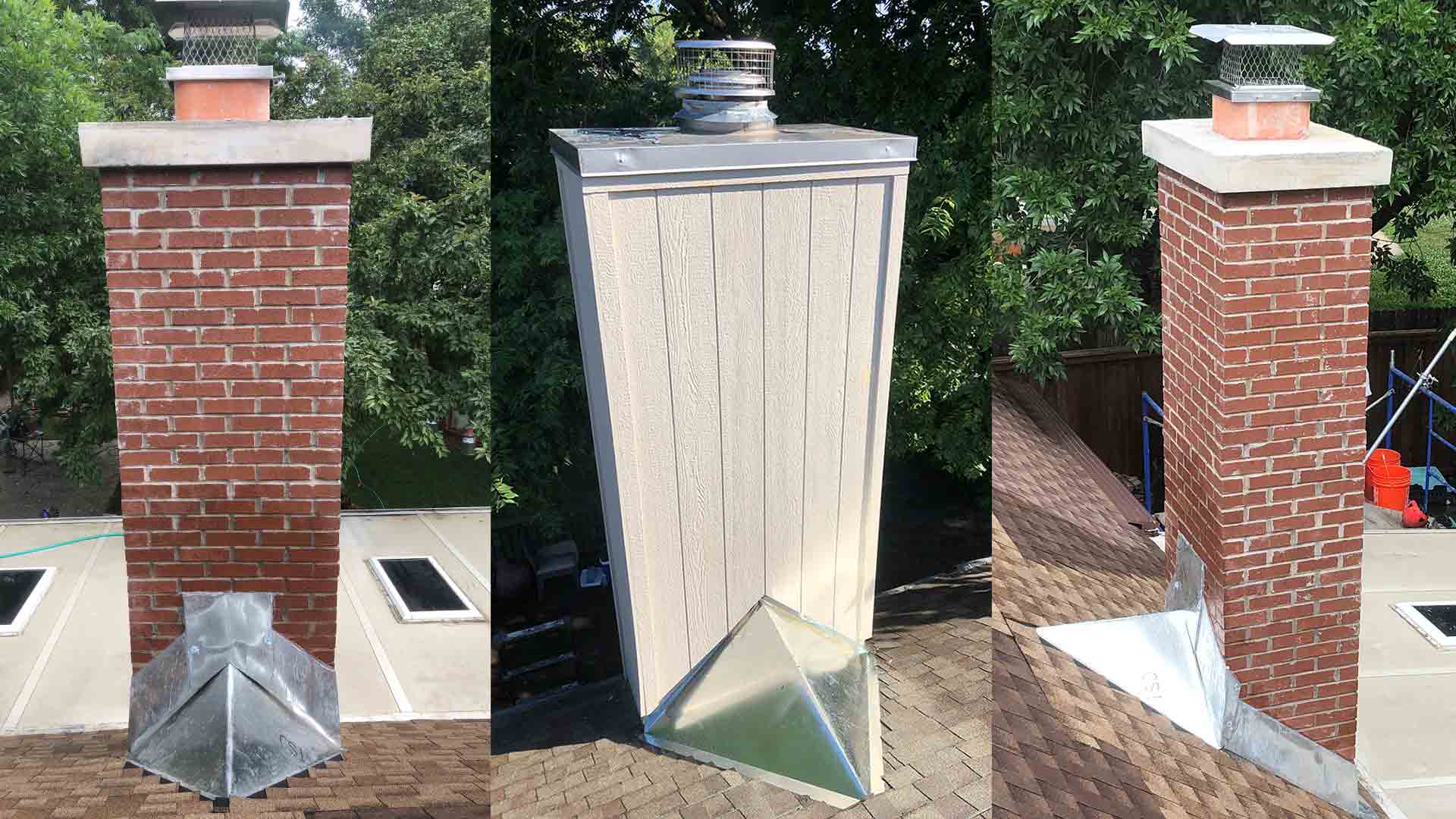
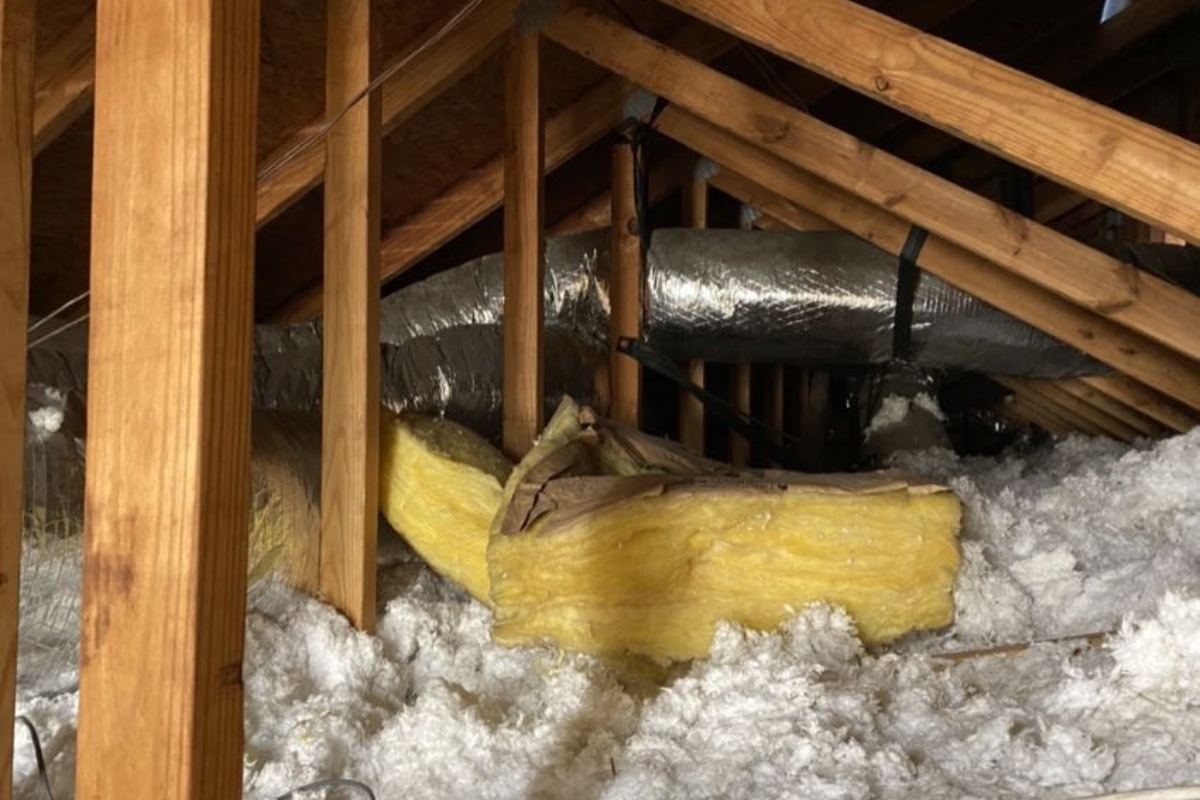
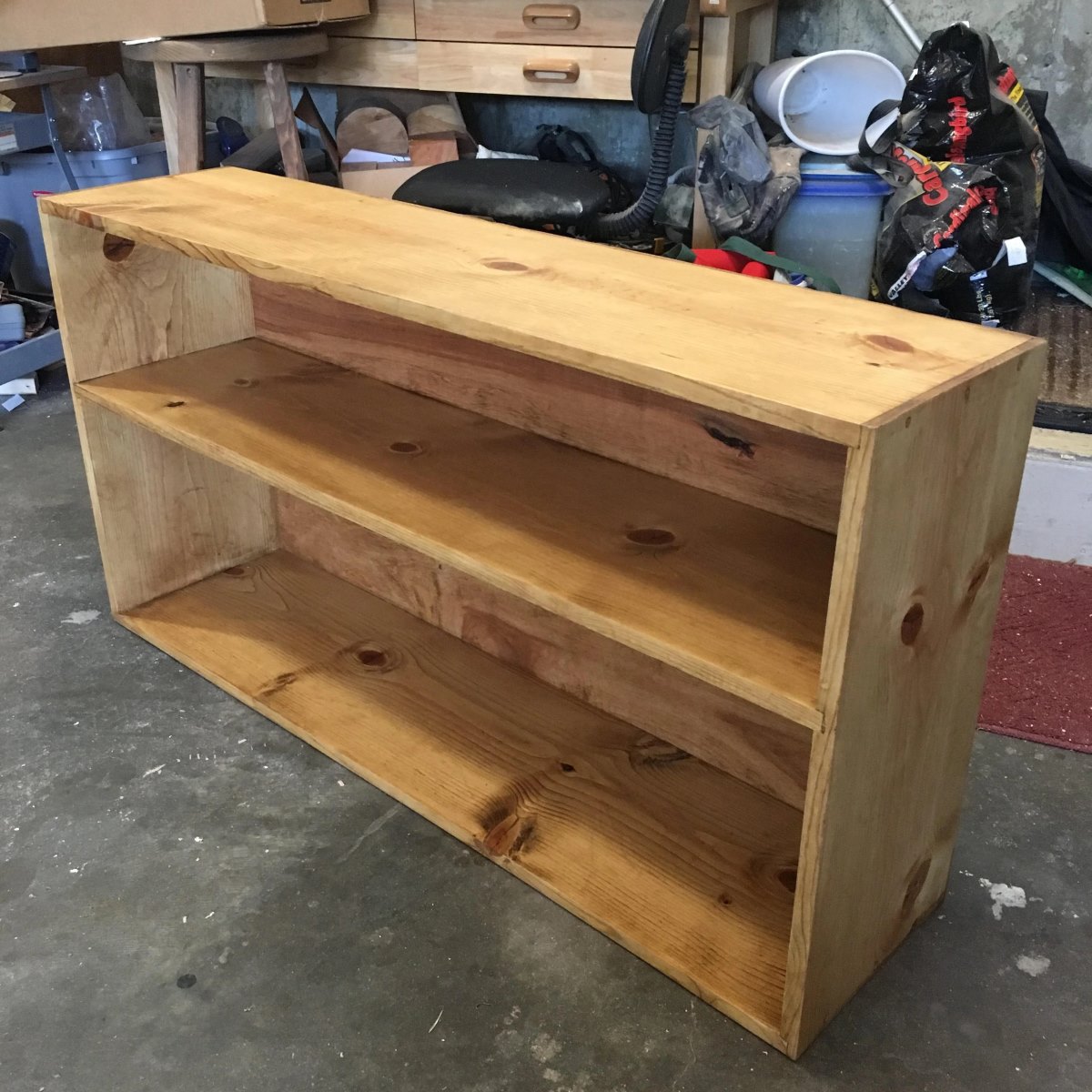
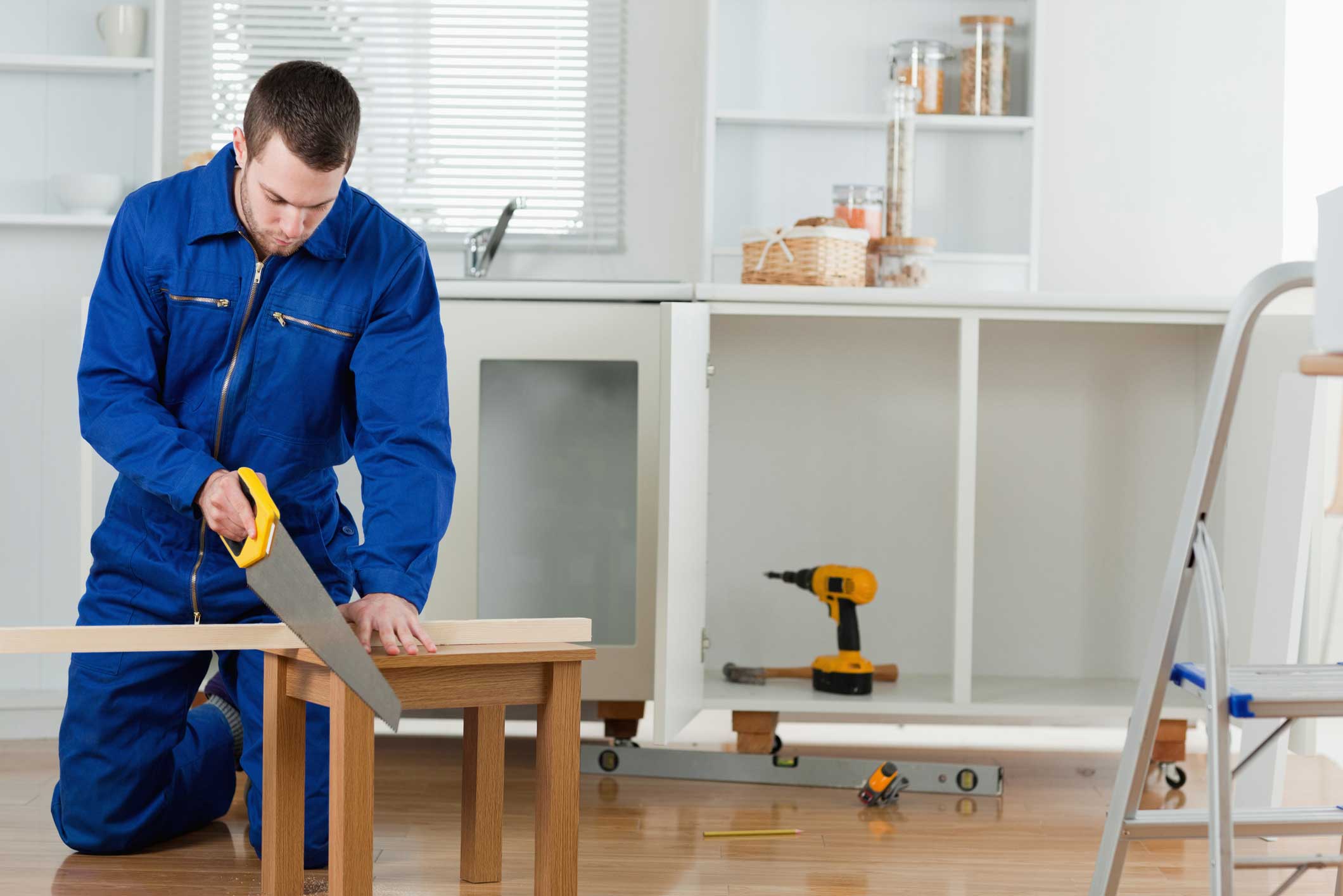

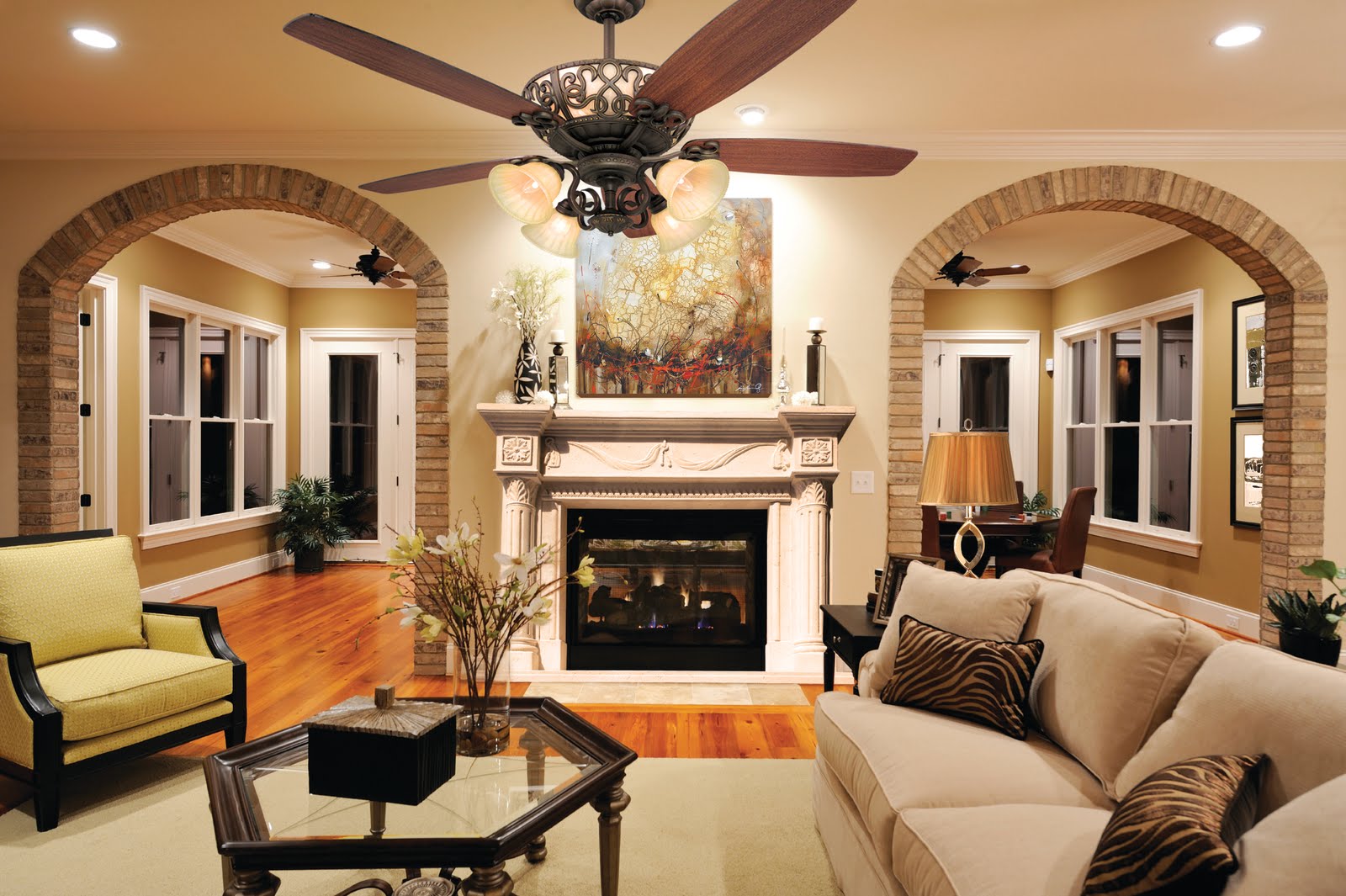

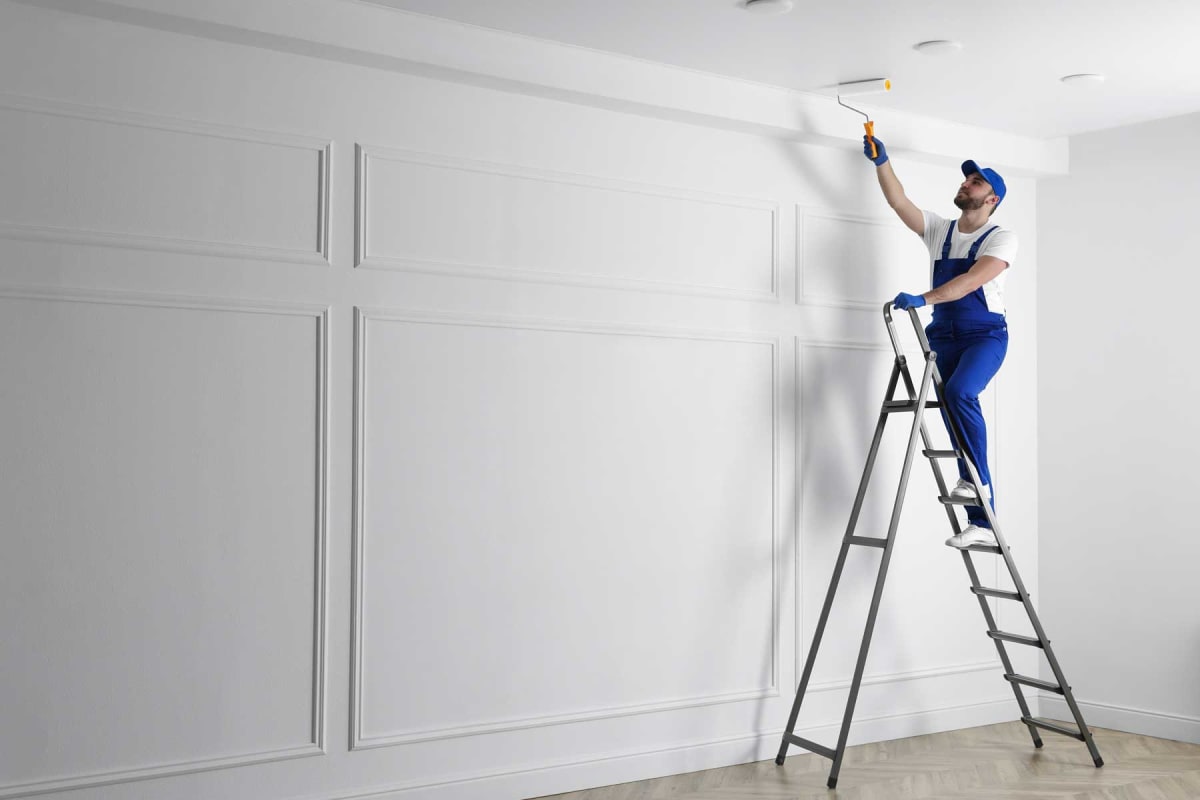

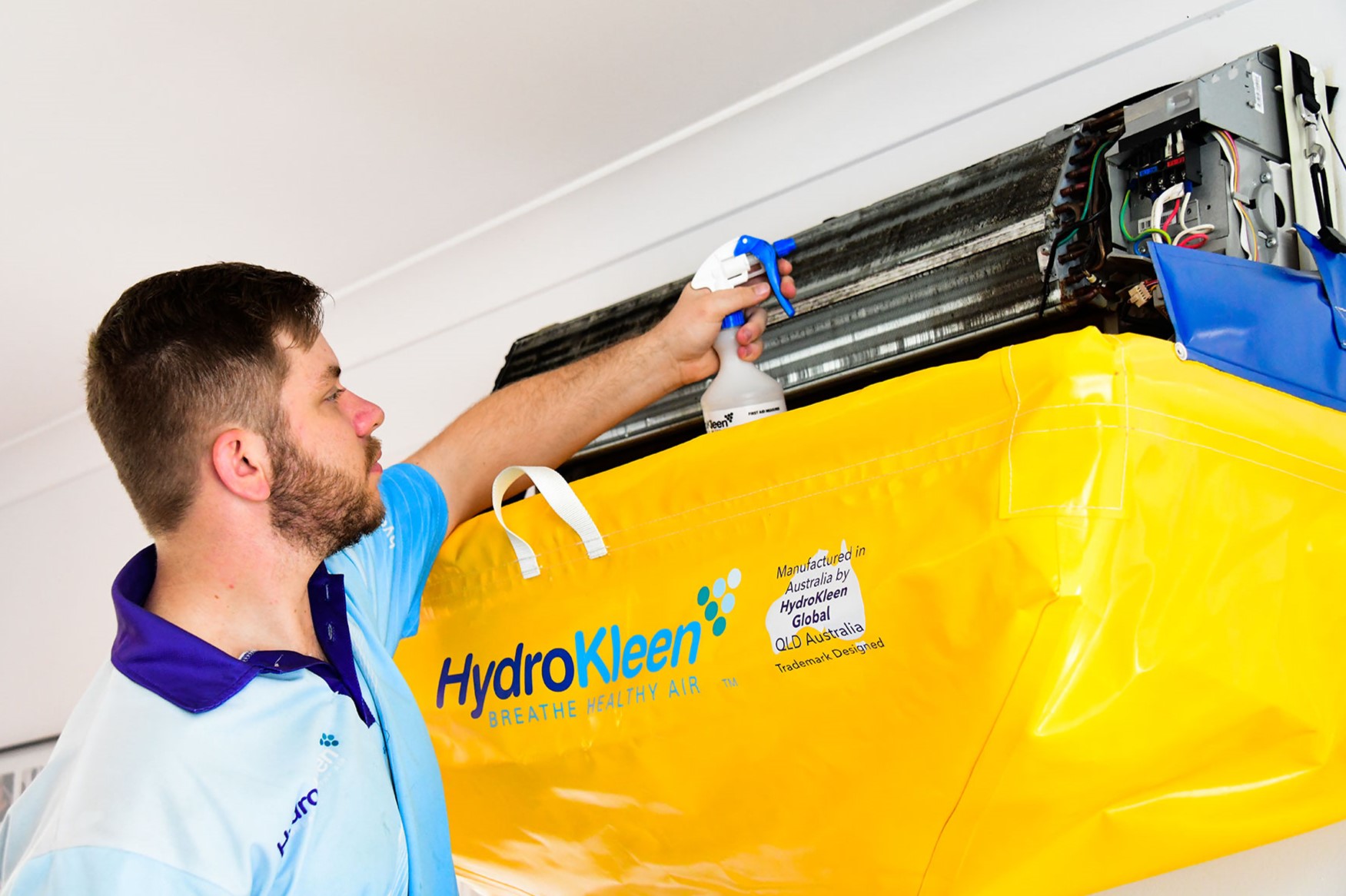

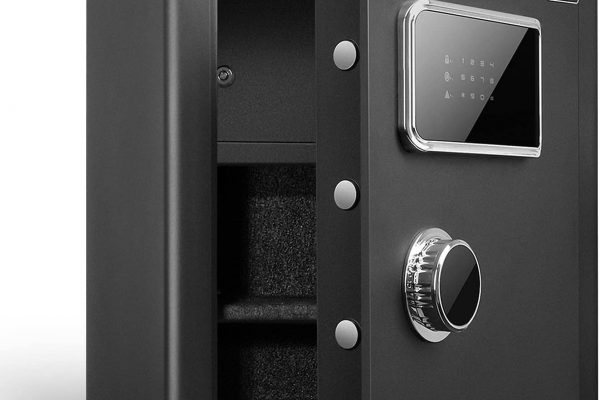
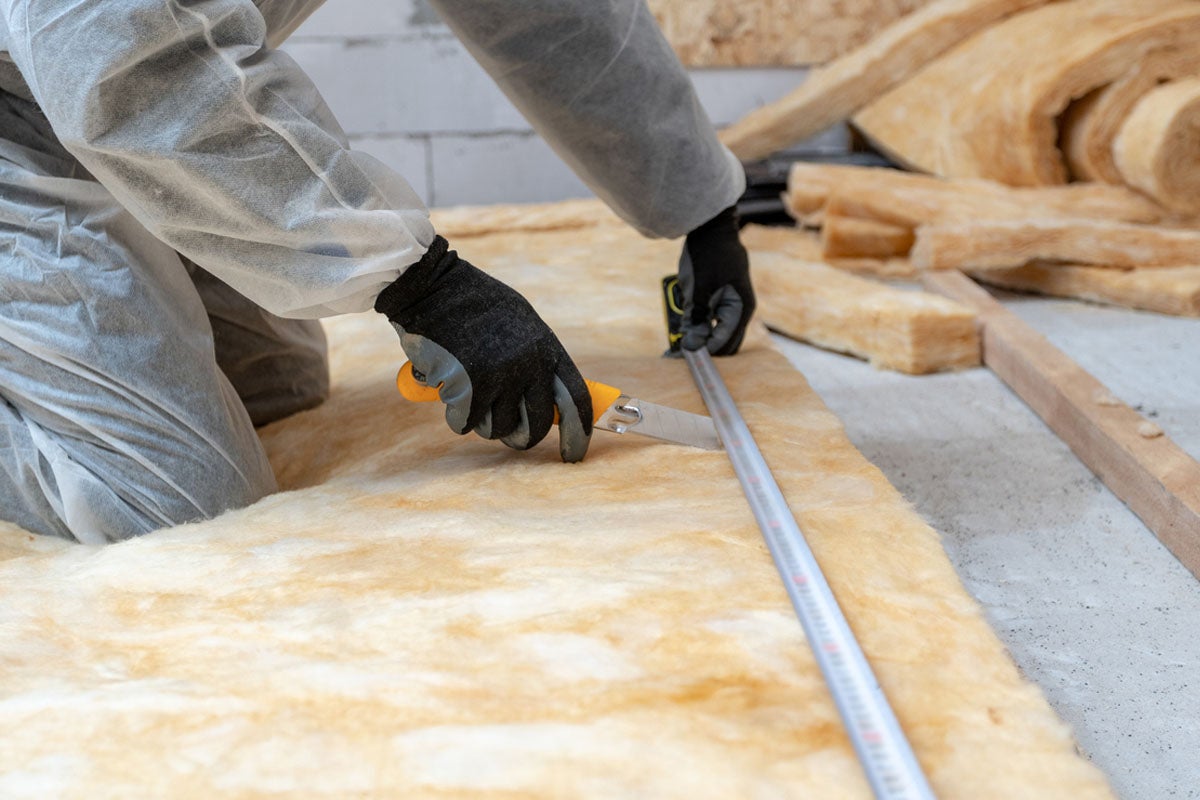
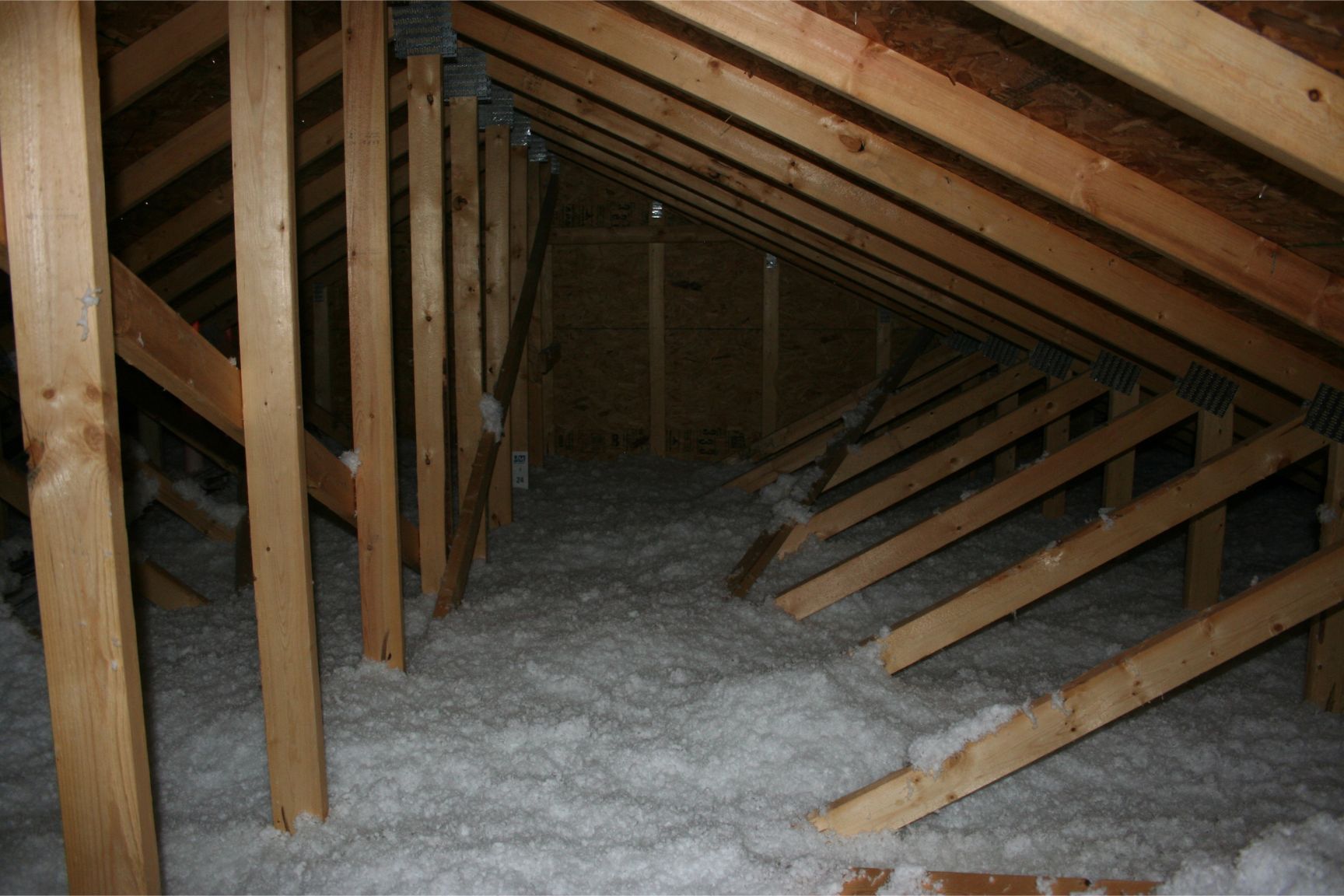

0 thoughts on “How Much Should I Budget For Home Repairs”